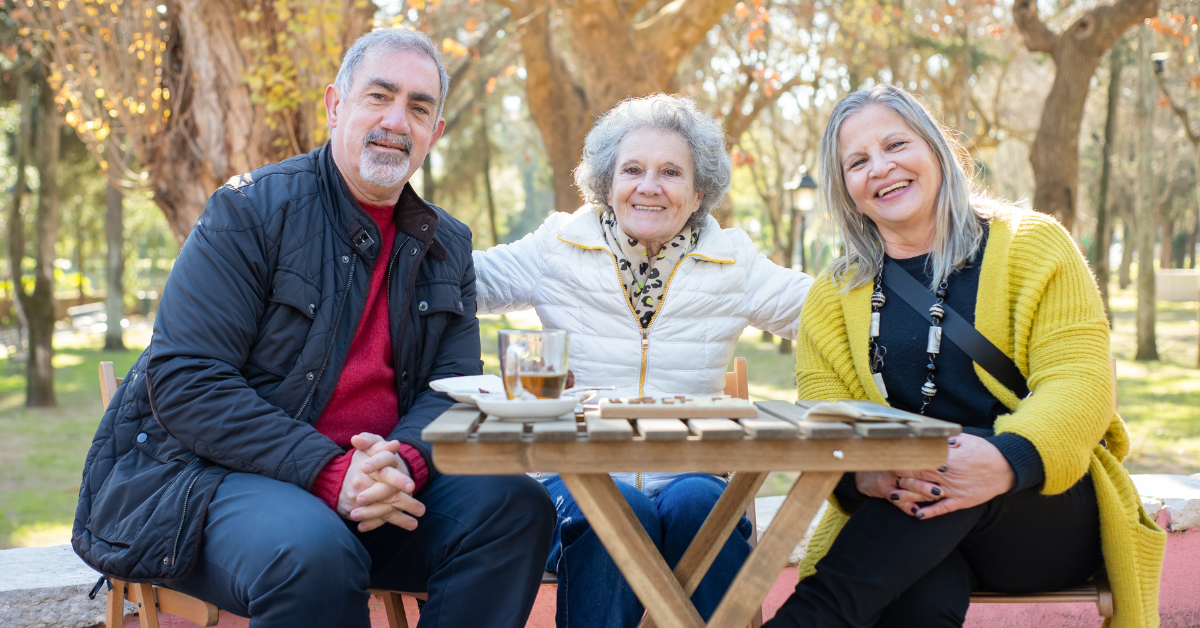
Caring for Ageing Loved Ones: A Practical Guide for Families

*Collaborative Post
It’s a fact of life that, as we grow old, we lose a degree of mobility and independence. In some cases, we might end up entirely reliant on the support of those around us. This can pose a challenge to families, but it’s one that can be met with the right foresight, planning, love and attention. Let’s take a look at how the task of caring for an elderly loved one might be met.
Assessing Care Needs
Older people tend to have different needs. Some might be frail, and in need of support when it comes to physically-intensive tasks, like bringing in the shopping. In other cases, mental decline might make day-to-day life difficult.
Given how the needs of your loved one might be completely unique, it’s worth taking stock of them before you decide on any plan for support and intervention. Make a list of daily tasks that might need to be performed, and split them between various members of the family.
Exploring Care Options
It might be that you need the support of professionals in order to offer your loved one the required level of care. This might mean having an in-home carer visit, or booking a long-term place in a residential care home. Each option comes with its pros and cons, but you’ll need to be sure not only that the care provided is of the required standard, but that you can pay for it in the long term.
Legal and Financial Planning
It’s best to resolve questions related to lasting power of attorney, and to settle your loved one’s wishes into a will, before they lose the mental capacity to make decisions for themselves. The earlier you can deal with these things, the less likely you are to run into uncertainty and disputes within the family. Consult with a solicitor with a background in family law – ideally one with special expertise in dealing with elderly and vulnerable people.
Maintaining Health and Wellbeing
If elderly and vulnerable people are to stand the best chance of enjoying good health outcomes in the years to come, then they’ll need to develop the right habits. This might means staying active in ways that pose minimal risk of injury, engaging in social activities, eating the right diet, and undergoing regular check-ups.
Navigating Support Services
It might be that you can lean into the support offered by various charities and government organisations. For example, organisations like Carers UK offer a range of resources and services for those undergoing unpaid work as carers.
Self-Care for Carers
Caring can be an exhausting occupation, especially when it consumes every spare hour you have available. As such, it’s a good idea to share duties with other family members, and to take the time to care for yourself and your own well-being. Organise breaks with other family members, and you’ll stand a better chance of avoiding burnout.
*This is a collaborative post. For further information please refer to my disclosure page.




